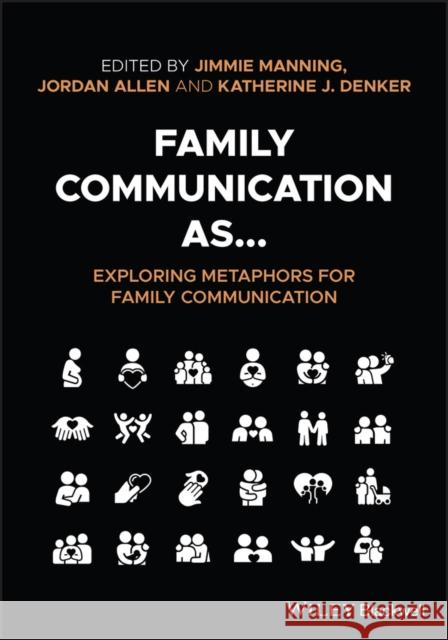Family Communication As... Exploring Metaphors for Family Communication » książka
topmenu
Family Communication As... Exploring Metaphors for Family Communication
ISBN-13: 9781119668398 / Angielski / Miękka / 2022 / 250 str.
Kategorie:
Kategorie BISAC:
Wydawca:
John Wiley & Sons Inc
Język:
Angielski
ISBN-13:
9781119668398
Rok wydania:
2022
Ilość stron:
250
Waga:
0.67 kg
Oprawa:
Miękka
Dodatkowe informacje:
Bibliografia











